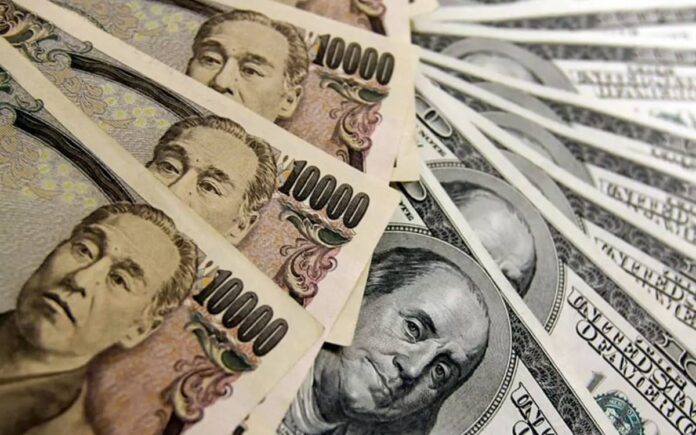Pakistan’s international bonds, including Euro and Dollar bonds, saw a surge on Friday following a credit rating upgrade by Standard & Poor’s (S&P) to ‘B-‘ with a stable outlook, marking Pakistan’s return to this rating level for the first time since July 2022.
The upgrade, attributed to improving macroeconomic fundamentals and reduced sovereign default risks, led to strong investor interest across the yield curve, with notable gains in longer-tenor bonds.
The dollar bonds saw continued rallies, with yields on 2031 bonds dropping 55 basis points (bps) from the previous week, settling at 9.0%, and falling by 116 bps from a month ago. Similarly, 2036 bonds saw a yield decrease of 38 bps on a weekly basis and 85 bps on a monthly basis, settling at 10%.
The 30-year April 2051 bond led the rally, rising 4.4% day-on-day to $87.10, with a yield-to-maturity (YTM) of 10.3%. This bond gained 10.9% month-to-date (MTD) and 11.1% calendar year-to-date (CYTD). Additionally, the 30-year March 2036 bond rose 3.9% day-on-day to $87.80, with MTD and CYTD gains of 11.1% and 12.8%, respectively.
Shorter maturities also saw improvements, with the seven-year Sukuk (January 2029) rising 2.3% to $91.60 (YTM 7.1%) and the 10-year bond (December 2027) gaining 1.5%, closing at $98.02 (YTM 7.8%).
The rise in bond prices reflects continued investor confidence in Pakistan’s economic recovery, as the country progresses on critical macroeconomic fronts such as external account stabilisation, fiscal consolidation, and compliance with the IMF programme. The Eurobond market has shown steady recovery from mid-2023 lows, aided by improved external inflows and successful debt rollovers.
AKD Securities Limited siad that the upgrade reflects Pakistan’s reduced reliance on favorable macroeconomic conditions to meet its obligations. Pakistan has rebuilt its foreign reserves over the past 12 months, now standing at $20.5 billion, easing pressure on its external account. The reserves are sufficient to cover principal and interest repayments due in FY26, totaling $13.4 billion.
This positive turnaround, supported by IMF disbursements, bilateral deposits, and a rare current account surplus, has significantly eased external account pressures, further strengthening investor confidence.




